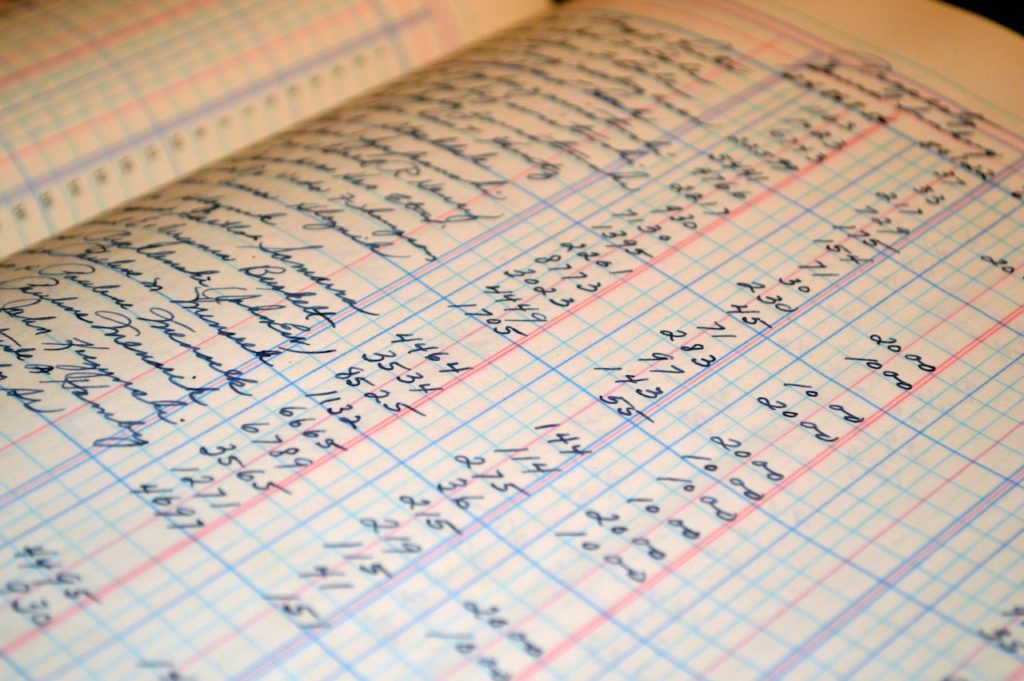What is Bookkeeping?
Bookkeeping is the process of documenting a company’s daily transactions into organized accounts. Bookkeeping may also refer to the different types of recording techniques a business might use.
Bookkeeping is paramount to the accounting process. Accurate financial reports that measure business performance can be generated when transactions are kept up to date. Additionally, in the event of an audit, the accessibility of detailed records may come in handy.
Bookkeeping Methods
The method of bookkeeping adopted for a business differs based on the volume of daily transactions the business executes.
- Double-entry bookkeeping
Double-entry bookkeeping, as the name implies, involves a transaction pertaining to at least two accounts recorded as debit and credit. With this system, the total credit and total debit must be balanced. The double-entry system is used by larger corporations who engage in more complex transactions. Enterprises often opt for this system as it reduces the risk of error since every transaction is offset by an opposite action.
- Cash-based or accrual-based
The difference between these two bases is when a company recognizes its expenses and revenue. Cash-based accounting states that income and expenses are affected when received or paid in cash. Accrual-based accounting states the income and expenses are recorded in the period they were earned or expended. This system disregards whether income was received, or an expense was paid.
Bookkeeping vs Accounting
These two concepts may seem similar at face value, but their use differs. Bookkeeping is the recording, tracking, and organizing of financial data and transactions. Accounting is the interpretation and presentation of that data to stakeholders.
Streamlining Bookkeeping
When done correctly, the bookkeeping process is quite straightforward. However, without professional guidance, it is very easy for business owners to make fundamental mistakes at an early stage, consequently making this process more complex.
Streamlining the bookkeeping process leads to a more effective bookkeeping system. Every step in this process is vital, from keeping records organized on a daily basis, to tracking income and expenses, and standardizing accounting procedures. In turn, this leads to accurate and precise financial data. This data is used to measure a company’s performance and financial health, ultimately, making decisions pertaining to business continuity.
